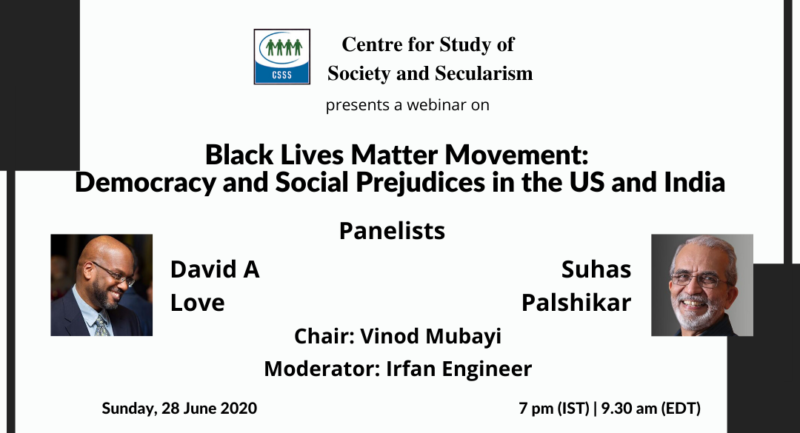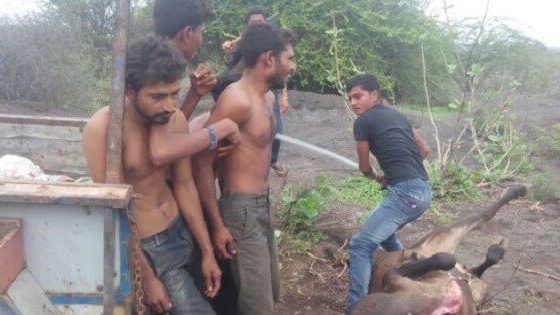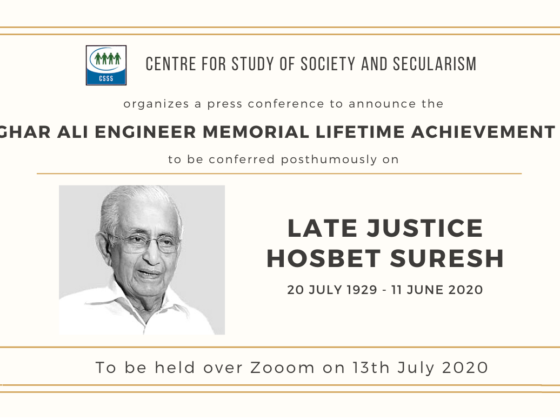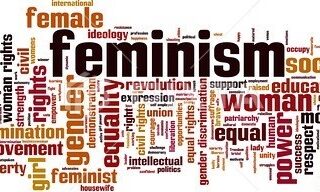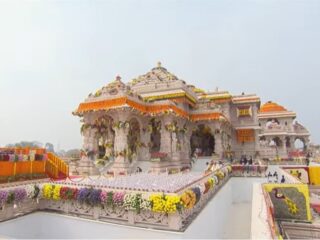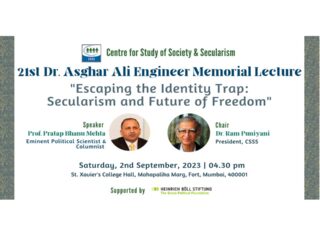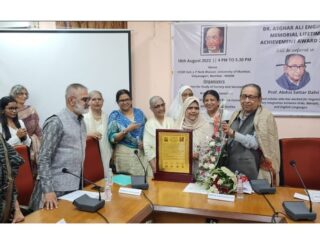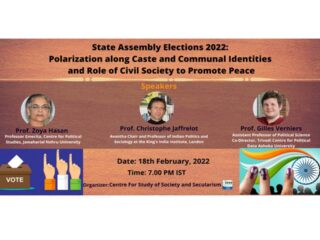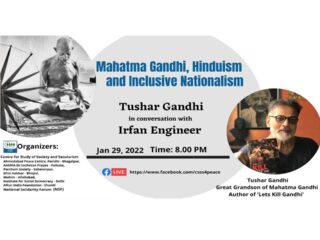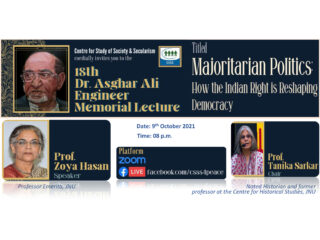“While there is some cautious optimism about the rights of blacks in US after the Black Lives Matter Movement triggered by the strangulation of George Floyd, the same optimism cant be shared about the rights of vulnerable communities in India”, said Prof. Suhas Palshikar, political scientist and writer, at a talk organized by Centre for Study of Society and Secularism (CSSS) on 28th June, 2020. The talk on zoom was titled as “Black Lives Matter Movement: Democracy and Social Prejudices in the US and India”. The main speakers of this talk were David A Love, prominent journalist and activist from the US and Prof. Suhas Palshikar. The talk was chaired by Vinob Mubayi, editor of INSAF Bulletin and moderated by Irfan Engineer, Director of CSSS. The talk was attended by over 85 participants on zoom and viewed widely live on social media. This talk unraveled the nuances and implications of the Black Lives Matter Movement in the US and its parallel movements in India and the complexities involved.
David Love in his talk said that Black Lives Matter Movement is only seven years old which started out in 2013 with a hashtag movement in response to the killing of a Black teen by a vigilante but has gained prominence only after the custodial death of George Floyd. He emphasized that the death of George Floyd is not the first case of police brutality and systemic discrimination based on race and sadly, it won’t be the last one. The coloured communities, especially the Black community in the US has since centuries been at the receiving end of racial abuses, discrimination, indignities and police brutalities. Racism dates back to the age of slavery where Blacks were taken slaves on slave plantations owned by the white owners. In the 1960s, Malcolm X and Black Panthers fought against police violence. The Blacks throughout the history of the US have had lived realities of violence, inequality and micro- aggressions.
But the death of George Floyd is a moment of reckoning and the US coming to terms with the civil war fought 155 years ago but remains still unresolved. George Floyd’s death and the ensuing protests mark a pivotal time in the history of the US. George Floyd was himself infected by Covid 19 virus and had recovered only to die at the hands of the police officer of Minneapolis. The death took place at a time when millions of Americans are getting infected by Covid resulting in thousands of deaths. This pandemic has disproportionately affected the Blacks and the coloured communities. The pandemic has exposed the economic collapse in the US, all time high in unemployment in a century, staggering economic inequalities and overall atmosphere of uncertainty, fear and trauma. The death of George Floyd thus offers a transformative moment in history.
One of the biggest achievements of this movement is that it has become a movement of social justice. It has assumed the character of a multi-racial rebellion where cross sections of the society are coming together for this issue and forging consensus. The movement has evoked solidarity by all communities and mass protests even in white dominated regions. The issue has become international- there are protests in solidarity in different parts of the world. In the US, it has led to a slew of measures to redeem its past by undoing its racist history. For Instance, in Mississippi lawmakers are considering passing a resolution to remove the confederate emblem from its state flag. The Confederate emblem is viewed by many as a racist symbol. The Black Lives Matter Movement has brought in the issue of reparations back in the national discourse.
Professor Suhas Palshikar in his talk drew parallels between the systemic discrimination in the US and discrimination in India. He pointed out that in India too there is historical deep rooted racism- an overlap of caste and race. The accounts of Caribbean cricketers who narrated their experiences of racism in India and the debates around the fairness creams in India reflect this discrimination. India thus is divided on the faultline of colour. There are multiple fault lines in India and those many resulting fissures. Some communities enjoy privileges and some are pushed to the periphery. This is why in India, all lives don’t matter. For instance, he listed that Dalits, Adivasis, people from the North Eastern India and Muslims face discrimination. The Muslims in particular are still blamed for the partition. While the discrimination against the Dalits and Adivasis dates back very long in history, the narrative against Muslims is not very old- it is constructed in the colonial area. The Muslims are blamed for partition of India and this narrative helps the right supremacists in political dividend. Post partition, India has witnessed many riots and pogroms where Muslims are victims of targeted violence.
Prof. Palshikar elucidated that it is crucial to discuss the “Muslim question” in the context of George Floyd and any earnest reflection on social prejudices back in India in contemporary times because just before the lockdown due to Covid pandemic, the protests against the Citizenship Amendment Act (CAA) has assumed centre stage in the national discourse and in some way was witnessing solidarity across communities. The CAA is perceived as a move to discriminate against Muslims on the basis of religion in the discourse of citizenship. Like in the US currently, in some degree, the non Muslims were aligning with the Muslims on the issue of citizenship and came out in support. Yet, the support was not on the scale witnessed in the US where the empathy and participation of non Blacks is overwhelming.
In order to understand and fully appreciate the reasons for such limited participation of non Muslims and overall lesser protests for social justice, Prof. Palshikar offered a framework to analyze the dynamics of community relations in India. Prof. Palshikar laments that in India; the victim communities don’t stand united and in solidarity to join hands to fight injustices. This inability of the victim communities to converge is directly linked to the way a community is constructed. Today, mostly the understanding of community is narrow, fragmented and based on exclusion. The prevalent multiple faultlines prevent the alliance of victim communities. While this lack of solidarity is one way to explain the absence of effective protests, the other reason is equally stark.
The other reason explained by Prof. Palshikar is that the supremacist forces in India have redefined the understanding of democracy and also altered the construction of the nation. In this new construction of nation, order is of paramount importance and the state has full responsibility and power to impose and ensure this order. Any protest or questioning by citizens is viewed as a threat to order and thus not encouraged and in fact, penalized. In this construction of the nation, the understanding of democracy is disjunctive from assertion of citizenship or active participation of citizens in decision making. Thus a narrative is created to discredit protests. This narrative is founded on majoritarianism and prevents the scandalization of collective morals if a community is wronged or its rights are violated. Because the violation of the rights of that particular community is not understood as a threat to democracy. “Nation” comes first and not the victim communities. All protests are delegitimized under the garb of order and nation. This has marked a shift in the way how the nation collectively responds to issues of social injustices.
The presentation of the two speakers was followed by an enriching discussion where the speakers patiently answered questions asked by the participants. The overwhelming response and the positive feedback received by CSSS are very encouraging. The sharp and erudite presentations by the two very learned and accomplished speakers covered important aspects of the Black Lives Matter Movement in the US and the resonating other such movements for social justice in India.

